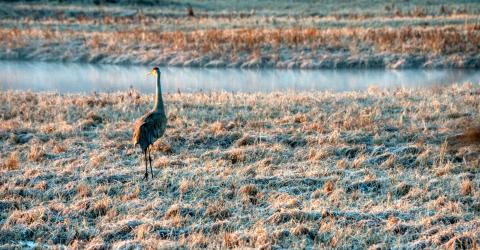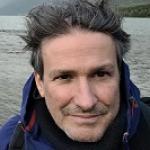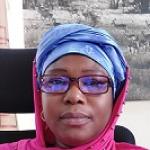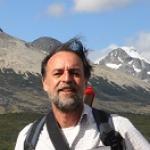
The Panel 2023-2025
The Management Working Group of the Standing Committee has appointed the following 18 members of the Scientific and Technical Review Panel (STRP) of the Convention for the 2023-2025 triennium:
Regional Technical Experts

Dr Hugh Robertson
New Zealand (STRP Chair)
See full bioDr Sonam Choden
Bhutan
See full bioProf. Stephan Glatzel
Austria
See full bioProf. Line Rochefort
Canada
See full bioProf. Esteban Suárez Robalino
Ecuador
See full bio
Mrs. Tondossama Kone Salimata
Côte d’Ivoire
See full bioScientific Experts
Prof. Siobhan Fennessy
United States of America (STRP Vice-Chair)
See full bioProf. Lei Guangchun
China
See full bioMs. Sheila Ashong
Ghana
See full bioDr Geoff Hilton
United Kingdom of Great Britain, and Northern Ireland
See full bio
Dr Laurent Durieux
France
See full bio
Prof. Rodolfo Iturraspe
Argentina
See full bioTechnical Experts
Mr. Lammert Hilarides
Netherlands
See full bioDr Suelma Ribeiro Silva
Brazil
See full bioDr Ritesh Kumar
India
See full bioDr Virni Budi Arifanti
Indonesia
See full bioProf. Hans Joosten
Netherlands
See full bioProf. Sevvandi Jayakody
Sri Lanka
See full bioSTRP National Focal Points
STRP National Focal Points (NFPs) are acknowledged and committed wetland scientific and technical experts from either the government or another organisation.
The STRP NFPs of each Contracting Party act as a liaison between their national wetland practitioners, other Convention Focal Points, and the STRP. Therefore, their input to the work of the STRP is critical to ensure that it responds to Contracting Parties’ needs at the national and regional levels. STRP NFPs are appointed by the Convention Administrative Authority for their scientific and technical expertise in wetland conservation, management, and wise use.
The main functions of STRP NFPs, as outlined in Resolution XII.5, Annex 1, paragraph 18, are to:
- provide technical and scientific input to and support the implementation of the STRP work plan;
- maintain regular contact with other Convention National Focal Points in their country (i.e., Convention Focal Points and CEPA Focal Points);
- mobilize local capacity and liaise with other experts, bodies, and wetlands centres in their country, including focal points of other MEAs;
- advise, and participate in, meetings of the National Wetland/Convention Committee or similar bodies (i.e., National Biodiversity Committees), where they exist;
- assist with the preparation of National Reports to Conferences of Contracting Parties;
provide technical support to national wetland activities such as the preparation of wetland inventory; and - help disseminate STRP products and information on its work, adapted as appropriate to the national context.
STRP NFPs can directly provide input to the work of the STRP by attending STRP meetings and subscribing to the STRP Workspace (a password protected electronic space). STRP NFPs are added to the STRP workspace once they are designated.
For matters relating to the workspace, please contact the Scientific and Technical Support Officer at: STRP@ramsar.org.
STRP Observers
STRP observers represent the International Organization Partners (IOPs), scientific and technical expert(s) recommended by Contracting Parties and other organizations recognized by the COP.
Bodies and organizations invited to participate as observers in the meetings and processes of the STRP for the 2023-2025 triennium are listed in Annex 3 of Resolution XIV.14.